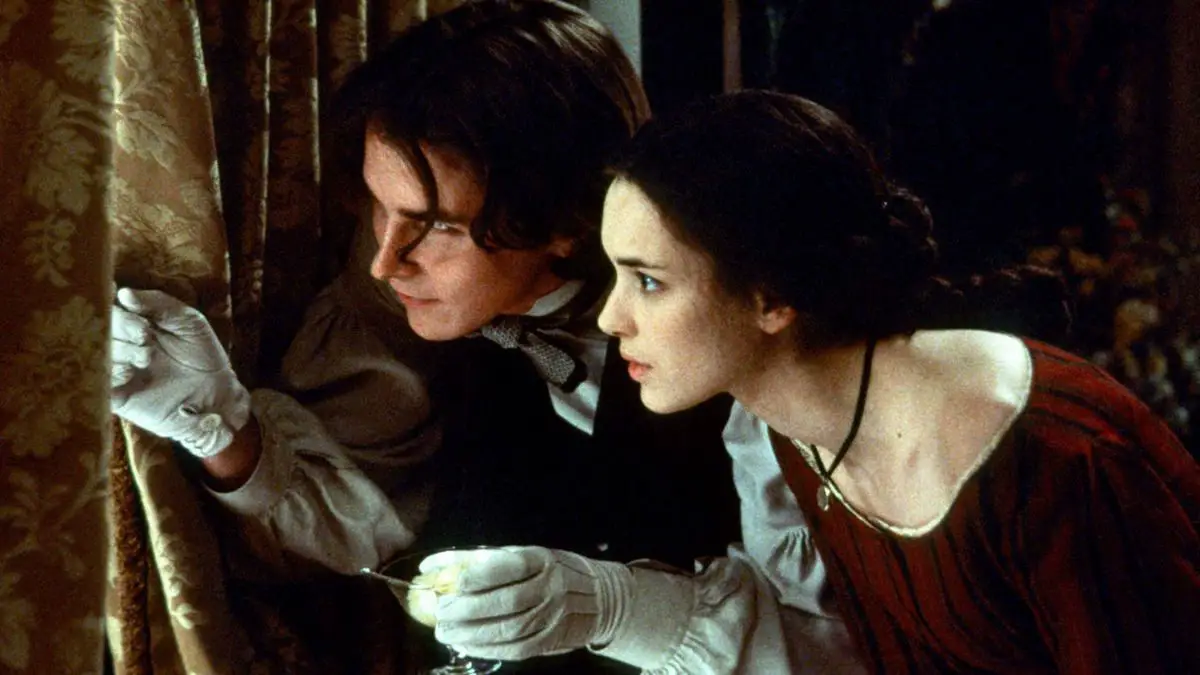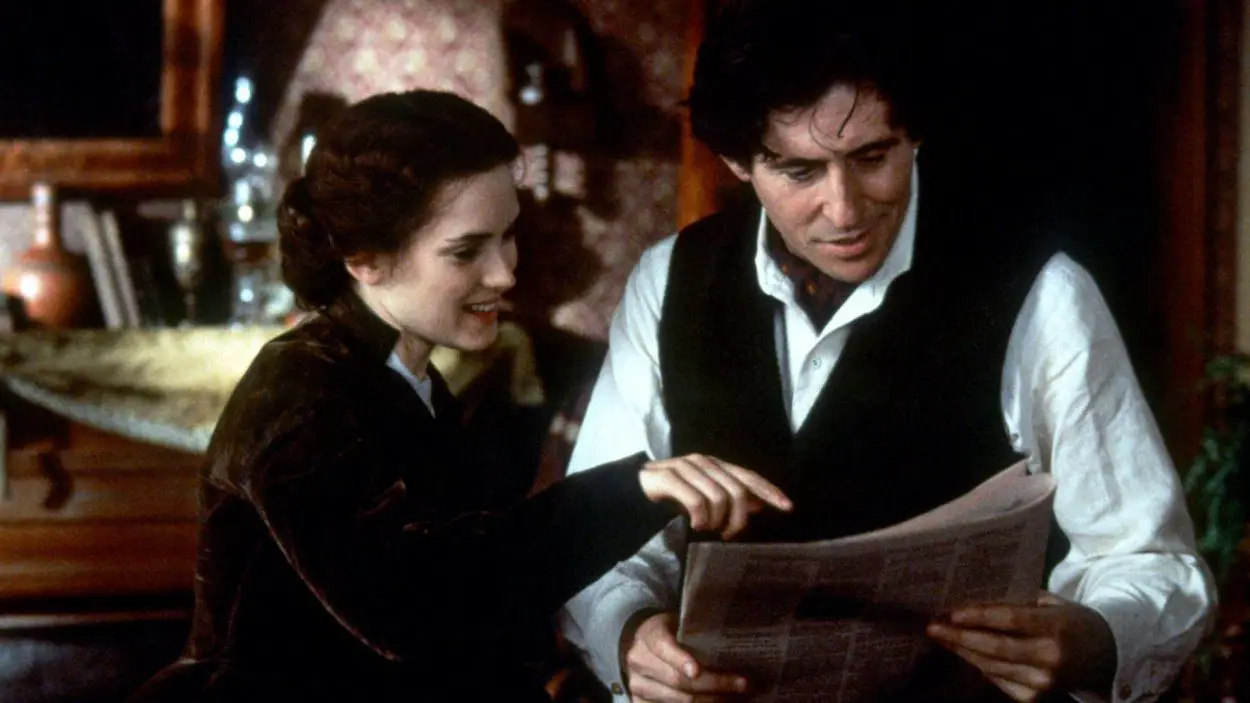Hollywood loves a remake, and with the latest incarnation of Little Women heading to theaters this winter, my thoughts immediately turned back to the 1994 version from my girlhood.
Firstly, this getting-old thing is for the birds. The fact that it’s been 25 years since Gillian Armstrong’s version of Little Women came out sort of astounds me—one, because I don’t feel that much older, and two, because the film has aged beautifully.
Louisa May Alcott’s classic story follows the March sisters as they wait for their father to return from the Civil War in 1860s Concord, Massachusetts, chronicling their adulthood joys and sorrows. Each sister has her own personality and outlook on life. There’s reserved and stoic Meg (Trini Alvarado), quiet and sickly Beth (Claire Danes), impulsive and posh Amy (Kirsten Dunst in the younger role, Samantha Mathis in the elder role) and last but not least, the wild and always writing Jo (Winona Ryder).
Which March Sister Are You?
With as many personality-type quizzes as there are in the world, I reckon many a person has a March sister with whom they most identify. It should come as no surprise that Jo was—and still is—mine. Since the age of 10, I knew I wanted to be a writer, scrawling out poems much in the way Jo wrote plays. The fact that Winona Ryder, the former teen queen of goths, loners, and other weirdos was my Jo March was just too fitting. Ryder also does some of her best work in this film and was nominated for a Best Actress Oscar for her efforts.
Jo is rough around the edges in ways her sisters aren’t. While not quite a tomboy, she’s unafraid and quick-thinking on her feet. When her sister Meg sprains her ankle at a party, Jo presses Meg to let their neighbor Laurie (Christian Bale) take them home, even though Meg is putting on a brave face. This is, of course, after she and Laurie have become fast friends by mocking partygoers and taking spins around empty dining rooms while they both lead (Jo always takes the man’s part when practicing dancing with her sisters). When they return safely, their mother Mrs. March (Susan Sarandon) is able to calmly assess things in the way all elder, wiser women do (she is particularly calming and reassuring throughout the film). Amy is all swoony, and who can blame her? Christian Bale is absolutely dreamy and all dimples and floppy hair in this. Eric Stoltz also pops up as Mr. Brooke, Laurie’s tutor and later a well-matched suitor for Meg.

So Many Beginnings, So Many Emotions
Part of the reason I think people continue to return to this story and its characters is the simple fact that it’s relatable. While it’s certainly a period piece, some struggles and celebrations are timeless. From a ruined dress to quarreling with your sisters or having to friend-zone a boy, it’s all here. It’s also these moments that make me tear up, no matter how many times I’ve seen the film and think maybe this time I won’t. The biggest? It’s usually a tie between Amy throwing Jo’s manuscript in the fire after a quarrel (as a writer, it physically makes me ill) and Jo selling her hair to pay for her mother’s train ticket (because much of my life I’ve also had long hair). There are others, like Beth’s deathbed speech —so pure and simple—that I always end up wet-faced and beside myself. Equally lovely is Jo’s burgeoning romance with Friedrich Bhaer (Gabriel Byrne). When I was a teenager, I thought Jo was mad for spurning Laurie (and the later subplot of his marriage to Amy just felt too odd) but now as an adult, it feels right. Laurie’s a bit of a lost rich boy with a heart of gold, but Friedrich is a forward-thinking professor with a poet’s eye.
In the end, it’s those eyes that allow Jo’s story (her recollections of her life and sisters) to be published, and the film ends with the two embracing under an umbrella outside the March homestead.

A Heritage Film
For now, we can only surmise how the new adaptation of Little Women will deviate from its well-known source material. The trailer shows a more modern and naturalistic approach from the offset, which is very much director Greta Gerwig’s style. Gillian Armstrong’s, on the other hand, is warm, familiar and unfussy while feeling accurate to the time period. And while the film boasts the best of the best of ’90s actresses and actors, it doesn’t feel dated or miscast (as films sometimes do when there’s that one sore thumb or odd mustache.)
Thomas Newman’s masterful and Oscar-nominated score also locks in a hopeful but wistful aura as the girls move through a lifetime of hardships and successes. Full brass is balanced with delicate piano and lush strings. Colleen Atwood’s understated costumes up the authenticity factor and were also nominated for an Academy Award. I don’t think I’m being too strong when I state that this film is truly a modern classic and a delightful holiday option (since Christmas does factor into the plot).
In the novel, Meg laments, “I wish I had no heart, it aches so.” The 1994 adaptation of Little Women is all heart, and I’ll always find myself returning to it—much like a book on a shelf—no matter how many adaptations come to pass in the future.


